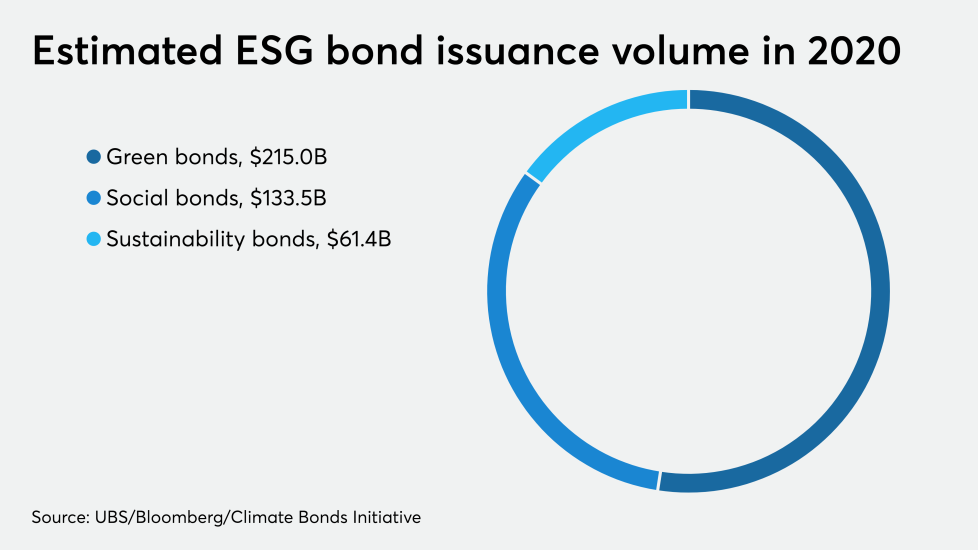The specialty servicing rate of loans held in commercial mortgage-backed securities dropped for a fourth consecutive month in January.
The decline was attributed to lower rates of special-servicing assignments month-over-month across all CMBS property types, with the exception of hotels, according to a new report from Trepp.
The share of CMBS loans assigned to workout arrangements fell to 9.72%, down from 9.81% in December. The main factor was a significant rate drop for office property loans: about 2.52% of office loans are with special servicers, compared to 2.71% in December.
Since office properties account for the largest loan balances in outstanding CMBS portfolios, “the reduction in the office rate has a significant impact on the overall rate.”

January special servicing rates also fell month-over-month for industrial (1.06% from 1.22% in December), multifamily (2.75% from 2.9%) and retail (17.04% from 17.2%).
Hotels were the only property types with a worsening trend, increasing to a 24.49% servicing rate from December’s 24.07%. January’s rate is lower than November’s rate (25.56%) and close to the six-month average for lodging special servicing (24.3%).
The pre-COVID 19 special servicing rate for hotels a year ago was just 1.94%, among the lowest of the various CMBS loan types.
Hotel operators continue to struggle on loan repayments, having tapped out most reserve funds while struggling through a nearly year-long slump in convention business and tourism due to COVID-19 related travel restrictions.
Last week the American Hotel & Lodging Association








